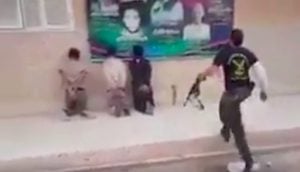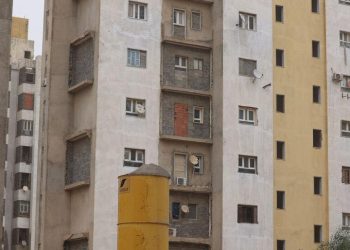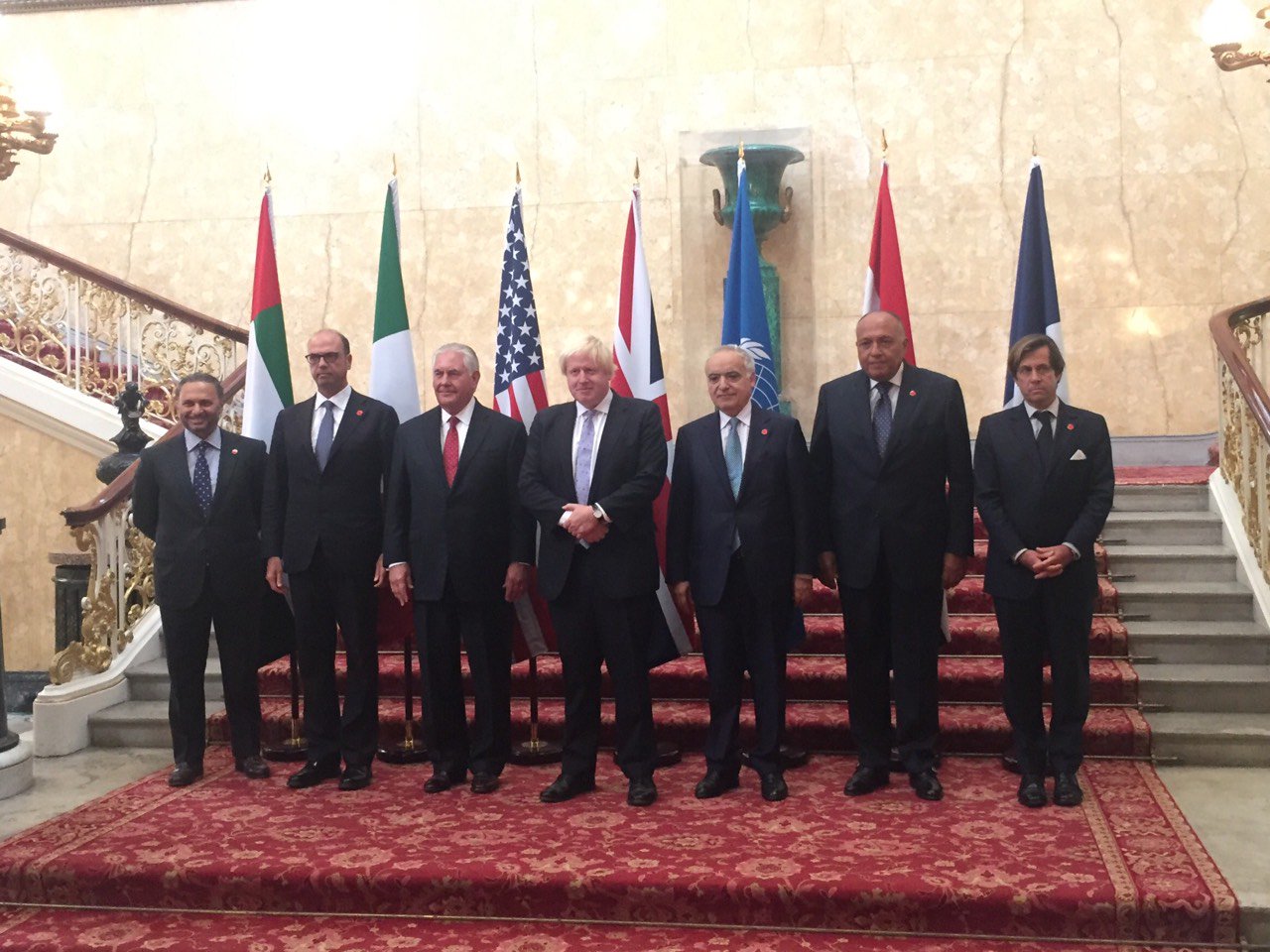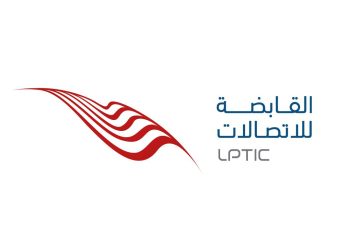By Libya Herald reporters.

Tunis, 14 September 2017:
The International Criminal Court (ICC) appears to be on a collision course with the Libyan National Army (LNA). It is concerned that, despite LNA assurances that war crimes suspect Mahmoud Warfali had been arrested, he is still free and may now have been involved in further murders.
ICC chief prosecutor Fatou Bensouda has renewed her demand that Saiqa Special Forces major Warfali be detained and handed over to the international court immediately.
She has said she is gravely concerned at allegations that Warfali is still at large and had actually been involved in further murders, which her office is now also investigating.
The ICC issued its warrant for Warfali on 15 August to answer charges that he had been involved in seven incidents in which 33 bound prisoners were killed. The LNA responded by saying that the suspect had been arrested a fortnight earlier.
Last week the supposedly-detained Warfali was linked to five fresh murders, this time in Ajdabiya. There were reports he had been seen in the town on the Thursday and was said to be visiting LNA units in the Oil Crescent
It is thought the Warfali case is the first time the ICC has embarked on a prosecution in which, so far, the primary evidence comes from video footage of the murders. In some of the clips, a man closely resembling Warfali first delivers an harangue in which he claims religious justification for killing his victims. He is then filmed executing some of the men himself or ordering forward masked gunmen to shoot orange-garbed prisoners in the back of the head.
Bensouda is insisting Libya remains under a legal obligation to detain and hand over Warfali. She said that after the ICC’s warrant had been issued, the LNA put out a statement saying that the arrested Warfali was being investigated. She noted that the LNA had also thanked the ICC for its “efforts in finding stability, public security and protecting people from the scourge of war and conflicts” .
The ICC can take on a case if the courts in a country are unable to show that they themselves are capable of trying an accused. Bensouda said that there had been no valid challenge to the warrant for Warfali on the basis that he could face a proper trial in Libya. Therefore the ICC warrant stood and the accused had to be handed over to the court in the Hague.
Bensouda has been criticised, particularly by human rights organisations, for her failure to focus on Libya. In her last two annual reports to the UN Security Council she has protested that she lacked the resources to mount investigations in the country.
Until the Warfali case, the ICC had issued only four warrants. During the Revolution it demanded the handing over of Muammar Qaddafi, his son Saif Al-Islam and security chief Abdullah Senussi, for crimes committed in 2011. This April it unsealed a 2013 warrant on similar charges for Al-Tuhamy Mohamed Khaled, the head of the regime’s internal security, whose whereabout currently seem unknown.
Bensouda, for two years a justice minister of the Gambia during the 22-year rule of Yahya Jammeh, demanded that Saif Al-Islam, then held in Zintan, be handed over to the ICC because he would not receive a fair trial in Libya. However, at the same time ICC judges ruled that Senussi could be tried by a court in Tripoli. In July 2015 that court found Senussi guilty and also convicted Saif who had been tried in his absence. The pair were sentenced to death along with five other top Qaddafi regime officials.
Both Senussi and Saif are now free. This June Bensouda said that Saif should still be handed over to the ICC . She is not known to have commented on the outcome of the Senussi trial. The former security chief’s lawyers had tried unsuccessfully persuade ICC judges to reverse their ruling that their client could be tried in Libya.









